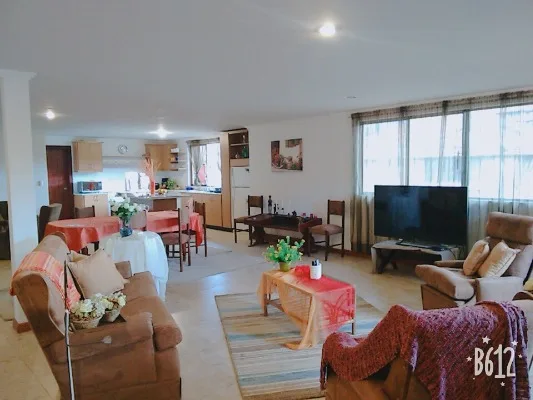Correa claims that debt has built national stability and should not be ‘demonized’
By Liam Higgins
Borrowed money has been responsible for much of Ecuador’s progress over the last decade, President Rafael Correa said Saturday during his weekly address to the nation in Rumiñahui. “I make no apologies for the debt because it has been used wisely to build a modern Ecuador and to raise millions of our people out of poverty,” he said.

President Rafael Correa
He continued: “Debt is a useful tool for sophisticated governments. Look at the U.S. and Europe. Their debt has served them well and is much higher than ours and you don’t hear fanatical screams that it is ruining their countries.”
The president admits that the debt has risen sharply since the collapse of oil prices three years ago. “The last three years have not been easy economically,” he said, comparing the country’s situation to a taxi cab owner who is forced to borrow to make it through hard times.
Ecuador’s national debt is a major campaign issue, with Creo’s Guillermo Lasso, a former bank executive, claiming that it has grown to unsustainable levels and is crippling the economy. His opponent and would-be heir apparent to Correa, Lenin Moreno, says the debt should be reduced but is manageable.
The amount of the country’s debt is an issue of contention between the rival camps. Officially, the government says the debt is 27.3% of GDP but Lasso and most economists claim it is above 40%.
“The government has its own way of calculating debt and it involves smoke and mirrors,” says Quito economist Ramiro Crespo. “It does not count billions of dollars owed to China that will be paid in future oil deliveries and it does not include debt to other public agencies and arrears payment to public employees. If the debt was calculated accurately, it would exceed the 40% limit set by law.”
Quito economics professor Lorenzo Iglesias says there’s another factor to be considered. “Because of the government’s default in 2008, we are paying exorbitantly high interest rates,” says Iglesias. “Much of the debt is being paid off at double-digit rates, this includes the bonds that the government has issued since 2014 as well as the debt to China.”
It is true, Iglesias says, that Ecuador’s debt is a fraction of that of the U.S. and European countries but there’s a major difference besides interest rate. “The U.S. and the EU can print more money if they need it but Ecuador cannot since we use the U.S. dollar. Correa is correct when he says this puts the country in a financial strait jacket.”
He adds: “I maintain that the strait jacket has served Ecuador well. Without it, we could be in a situation similar to Venezuela’s today.”
Both Moreno and Lasso agree that debt renegotiation and restructuring will be a priority of the next government, although Lasso says he will guarantee that basic public services, such as health care, education, and assistance to the poor, are not affected.
Lasso says he will create a public debt commission immediately after taking office. “We need to reduce the debt immediately and we must first have an honest accounting of it,” he says. “This government has played tricks with its borrowing, hiding much of the debt, and this will end. We will establish a system that is transparent and sustainable.”
















